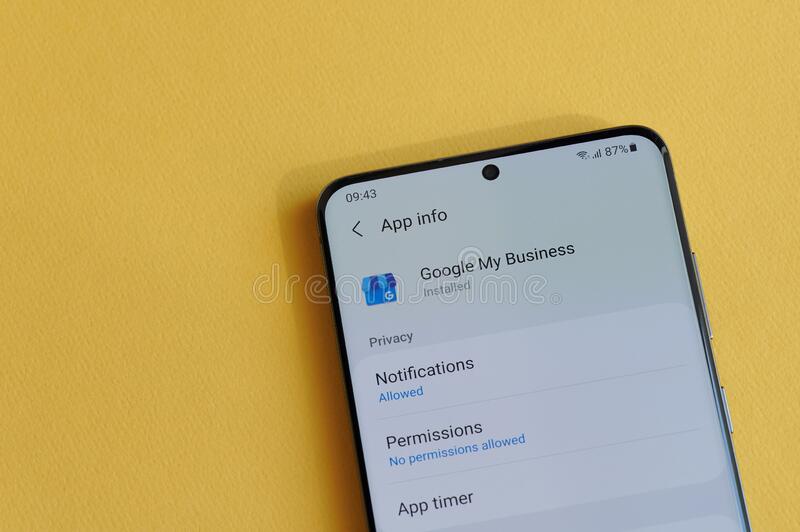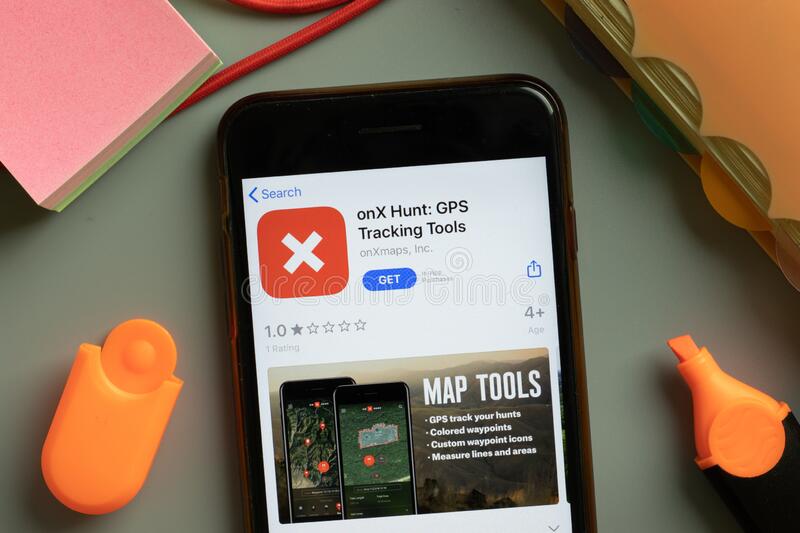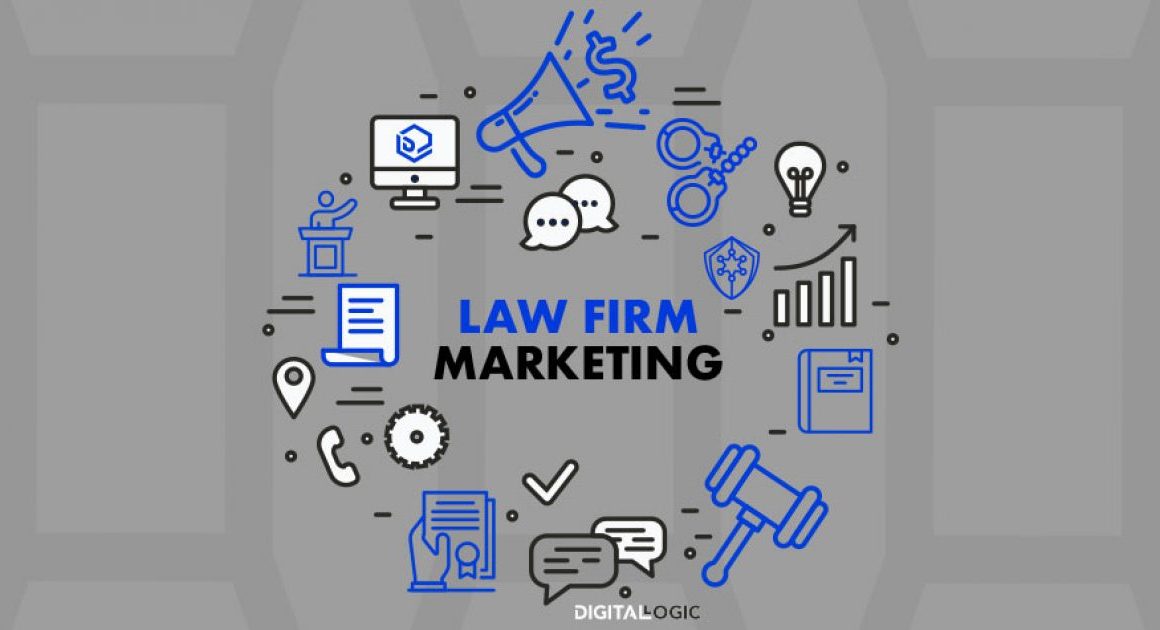Most business owners have at least heard of the term SEO and know that it has to do with the end goal of attracting more visitors and increasing traffic to your website. Other than that, most people don’t know much about SEO unless they’re already actively working on a small business SEO action plan. So what is SEO, and is it worth it for small businesses and family businesses? These are the questions we will be addressing today.
Is SEO Worth It For Small Businesses?
At the heart of the matter, small business SEO is all about driving free traffic and getting customers to the site. The advantage of basic SEO practices is that there are no expensive ads to create or finance, nor expensive marketing campaigns. Part of it is about using the right words to increase the visibility of your brand and site in search results. SEO for small businesses requires the creation of permanent content that is informative to your customers and visitors, and that can be viewed and used over and over again, long after it was initially shared. When done right, SEO is a great tool that small businesses can use to increase their visibility on Google and get more traffic without paying a fee. This is why hiring an SEO agency is essential for small business marketing to increase brand awareness over the world.
When a person logs into Google to find what they want online, it’s certainly showing up on the first page that small businesses can do their magic. In fact, nearly three-quarters of Internet users don’t bother to scroll through the first handful of results. Additionally, 70-80% of users ignore paid ads and focus on organic results. Like we said, small business SEO really offers a world of virtual superpowers.
With the following 10 strategies, your small business can harness the power of SEO and be ready for the future.

1. Create A Google My Business (GMB) Profile
It’s important to make your GMB profile your own, as it is a common platform that tech-savvy customers use to explore their options and find local businesses that can meet their product and service needs. First check if your type of business is supported by GMB – most industries are represented in one way or another on the platform – then build your profile. Just like you optimize your own site with details like your hours of operation, price, mission statement, and keywords, you’ll want to do the same on your GMB profile.

2. Create References
Another way to boost small business SEO is to own your profile and page on several major website directories. Infobel, Yelp , Angie’s List, and other similar sites, especially those focused on local listings in your area, are essential to getting the best traffic for your site. Finding other local or specialty directories potentially relevant to your business and location can also increase customer traffic and make it easier to market your brand to a wider audience without real overhead costs.
3. Create Social Media Profiles
The SEO for small businesses is to communicate with your target audience. For many, that means appealing to the younger generations by venturing onto social media to engage and promote. Facebook, Instagram, YouTube, LinkedIn, Pinterest, TikTok, Reddit, Tumblr, and many other platforms are popular and can be great ways to market your business to potential customers, depending on the products and services you offer. Even if you only start with a few, being on popular social platforms is a great way to increase SEO power and your visibility.
4. Create Search Engine Optimized Content Through Your Blog

Blogging is a great way to deliver great content that your readers can find and enjoy. Using blogs and site content as a way to get keywords out and get noticed is an essential aspect of small business SEO. Look for applicable and popular keywords, and use words and phrases that will rank you much more easily, because it is better to end up on page two of the search results than not at all. And you can always strive to improve your ranking as you go.
5. Get Opinions On Your Profiles!
Remember to ask your customers, especially repeat and repeat customers, to leave reviews and comments for you. These are valuable tools that will help you build your reputation and build credibility for your brand with new customers. But don’t be tempted to buy reviews, as many people are suspicious of them and will take online reviews critically. It’s better to take a few negative reviews and be honest rather than trying to cheat the system, only to get caught later.
6. Complete The Set-Up Of Your Website
Make sure you create unique, good quality, original, timely and beneficial content. Remember, quality is always more important than quantity when it comes to optimizing your blogs and sites. A good use of small business SEO requires using metas, titles, captions, keywords, alt text, image tags and much more in your written content! Titles and subtitles are self-explanatory. Meta descriptions are the snippets that appear in search engine results, under the name of the site.
Alt texts, image tags and the like are brief descriptions added to textual and non-textual elements of the web page, which also allows you to tag them with keywords. All those little bits of text and keywords add up and can make a big difference in the long run.
7. Adapt Your Website Well To Mobile Devices
The mobile devices such as smartphones and tablets are much used today as laptops and traditional desktops will soon be obsolete for most people. Websites should therefore be designed and laid out in such a way that they always look and function well on these devices. When customers can easily view and navigate your site, they are more likely to visit and explore it, which usually translates into more visits or, the ultimate goal – calls for service. information or orders.
8. Use Tracking Tools To Learn About Your Strengths And Weaknesses

Even a well-designed site can be improved. Using Google Analytics and other tools can help you see what works and what doesn’t, as well as areas that need to be changed and improved. Small changes made along the way are often easier to manage and finance, and can help reduce problems. Flexibility and adaptability are key elements in making small business SEO work for you.
9. Optimize Your Website
Small business SEO is a long term marketing strategy. Even though it takes time to see an increase in customer base and clear gains, if the optimization is done correctly and the SEO plan is followed in the long run, the business will reap the benefits. This is why small business SEO is essential for getting a fully optimized, streamlined, and user-friendly website from the start.
10. Create Links To Other Sites With Relevant Content; Backlinking
The final step in getting the most out of small business SEO is to embrace the concept of backlinks. The SEO backlinks are basically about working with other bloggers and business owners to get the most out of shared links and collaborations. Sharing promotions and partnerships benefits both parties and makes it all more achievable in terms of marketing and SEO.

Conclusion and tips for a successful small business SEO implementation
- Regularly check your competitor’s sites to see what they are doing and what is working for them
- Check very popular keywords regularly to make sure you are reaching as many of them as possible
- Find out what works for others in the market and then do the same, but even better
- Keep abreast of the latest trends, platforms and tools to stay ahead of the competition
- Collaborate with Leadstream for services such as small business SEO
- Work on a small business SEO service that you can apply to your daily business activities
Read the Trending Contents on EVOKING MINDS



